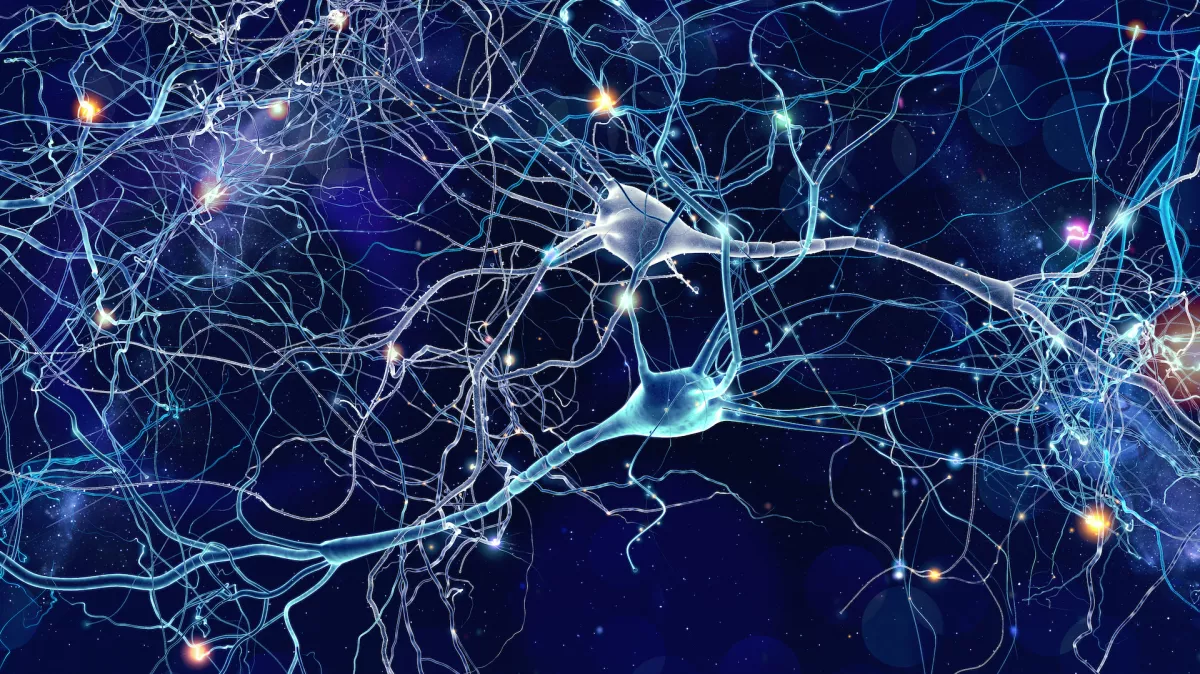Introduction:
In the realm of human biology, few organs possess the sheer complexity and awe-inspiring capabilities of the brain. It orchestrates our thoughts, emotions, memories, and every aspect of our conscious experience. Yet, hidden within the intricate neural networks lies a fascinating scientific fact: the human brain is a voracious energy consumer. Despite its small size relative to the body, it demands an astonishing 20% of the body's total energy expenditure. Join us as we delve into the captivating world of the brain's energy demands and unravel the reasons behind this remarkable phenomenon.
The Metabolic Machinery:
Within our bodies, various organs and systems require energy to carry out their functions, but none can rival the brain's hunger for fuel. The brain's primary energy source is glucose, a simple sugar derived from carbohydrates in our diet. Glucose is transported via the bloodstream to brain cells, known as neurons, where it undergoes a series of intricate metabolic processes to produce energy in the form of adenosine triphosphate (ATP).
The Energy-Hungry Neurons:
The brain's energy consumption is closely tied to the activity of its billions of neurons. Neurons are the building blocks of the brain, responsible for transmitting electrical signals and forming complex communication networks. Even at rest, these neurons are constantly firing, maintaining vital functions such as regulating body temperature, controlling respiration, and coordinating sensory processing. This ongoing neural activity requires a substantial amount of energy to fuel the intricate electrical impulses coursing through the brain.

The Balancing Act:
The brain's energy needs are tightly regulated to ensure its continuous function and maintain overall bodily homeostasis. Specialized mechanisms monitor and control the supply of glucose and oxygen to the brain, ensuring an adequate energy supply at all times. When glucose levels drop, signals prompt the liver to release stored glycogen, which is converted back into glucose to sustain brain function. Similarly, oxygen-rich blood is efficiently delivered to the brain through an intricate network of blood vessels, supporting the brain's metabolic demands.
The Evolutionary Perspective:
Understanding the brain's high energy demands sheds light on the extraordinary evolutionary journey that has shaped our species. The human brain's remarkable computational power and cognitive abilities have contributed to our survival and success as a species. The brain's energy consumption is a testament to the evolutionary selection pressures that favored the development of a highly efficient and adaptive organ, allowing humans to navigate complex social structures, solve problems, and innovate.
Fueling the Brain's Potential:
The brain's energy demands underscore the importance of maintaining a well-balanced diet and a healthy lifestyle to support optimal brain function. Consuming nutrient-rich foods, including complex carbohydrates, healthy fats, and proteins, provides the brain with the necessary building blocks and energy sources to thrive. Adequate hydration and regular physical exercise also play a vital role in supporting brain health and optimizing cognitive performance.
Conclusion:
As we marvel at the wonders of the human brain, let us not overlook its insatiable appetite for energy. This tiny organ, weighing a mere 2% of our body weight, reigns as the undisputed champion of energy consumption. Through intricate metabolic processes and ongoing neural activity, the brain demands a substantial portion of the body's energy resources. Understanding and nourishing the brain's energy needs provide us with insights into our evolutionary past and the keys to unlocking our cognitive potential. So, let us fuel our brains wisely, embracing a holistic approach to nourishment and lifestyle that supports the remarkable capabilities of our most extraordinary organ.
